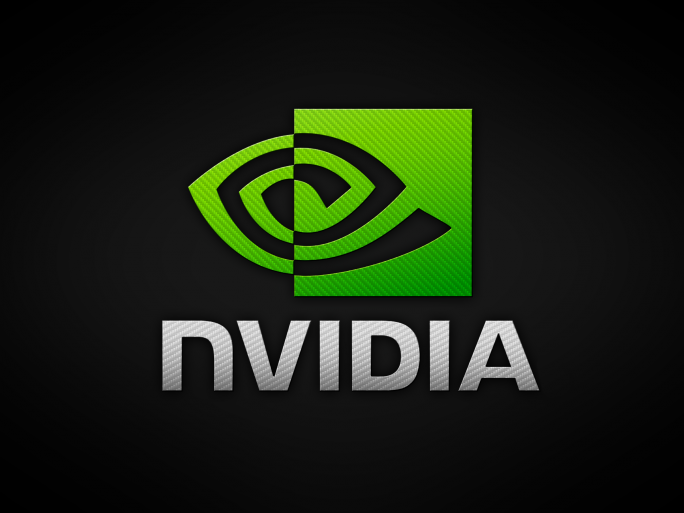Graphics chip powerhouse Nvidia has this week it overtook US rival chipmaker Intel by achieving a significant benchmark.
In a semiconductor industry milestone, Nvidia’s shares on Nasdaq rose 2.3 percent in afternoon trading on Wednesday, Reuters reported, to a record $404.
That put the firm’s market capitalisation at $248 billion, just above the $246 billion value of Intel, which was once the world’s leading chipmaker.

Share price
By midday Thursday, Nvidia shares were sitting at $408.64, giving it a market capitalisation of 251bn.
Intel shares at the same time on Thursday was trading at $58.61, giving it a market cap of $248bn.
The milestone means that Nvidia is now the most valuable chip company in the United States, eventhough it doesn’t actually make any of its own chips (unlike Intel).
Nvidia of course is a fabless chip maker, meaning it designs chips but contracts out their actual production to third-party foundries like TSMC.
Although Nvidia had initially made its name with gaming graphic chips, the firm has in recent years branched out. Its graphics processing units (GPU) are now found in areas including AI, data centres, and even supercomputing.
For example, last month it built an in-house supercomputer called Selene – based on A100 GPUs.
Other markets
And this is one of the reasons why investors have confidence in the firm, after it expanded away from its core personal computer chip sector.
Intel in comparison for decades dominated processors for PCs and servers, but in recent years has struggled to diversify its business after making critical stumbles in the smartphone sector.
Investors are betting that the shift to working remotely because of the coronavirus pandemic will continue to fuel fast growth in Nvidia’s data centre business, Reuters reported.
Intel in the meantime has been hit by a stagnant PC market and a lengthy delay in the development of its upcoming “Tiger Lake” 10-nanometre processors.
Do you know all about Intel? Take our quiz.




